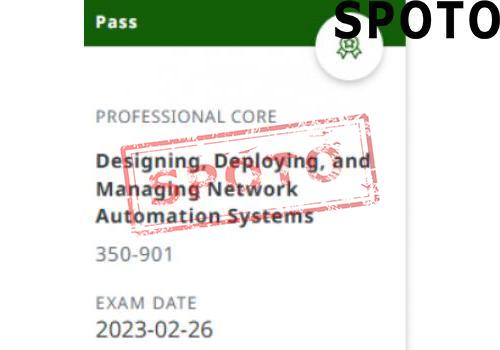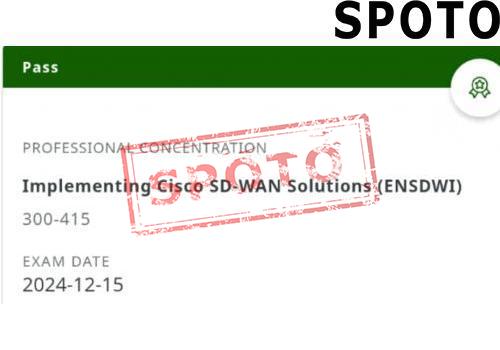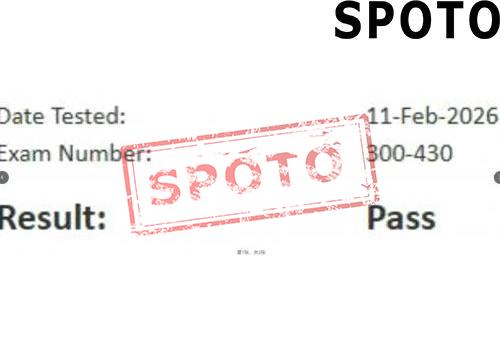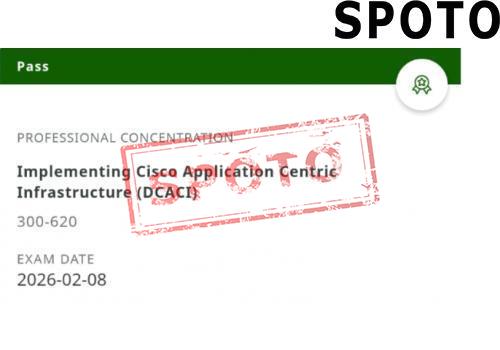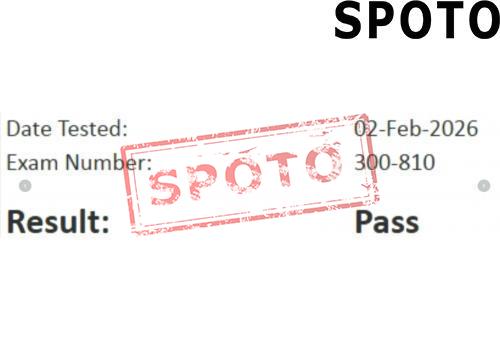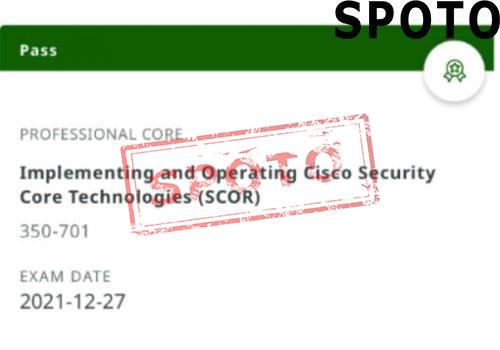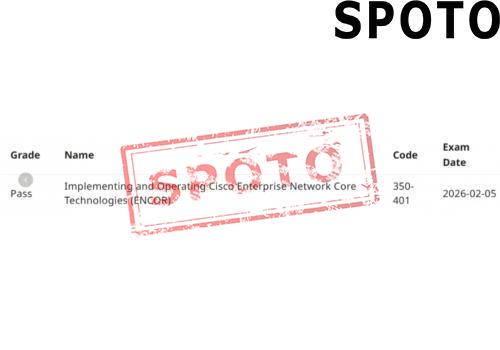
Table of Contents
- 1. What is a Cloud Collaboration Engineer?
- 2. Cloud Collaboration Engineer Roles and Responsibilities
- 3. How much does a Cloud Collaboration Engineer Make?
- 4. Job Outlook of Cloud Collaboration Engineer
- 5. Similar Occupations of Cloud Collaboration Engineer
- 6. What Are the Qualifications to Become a Cloud Collaboration Engineer?
This article will introduce you to what a Cloud Collaboration Engineer is, the career information and prospects of a Cloud Collaboration Engineer and the necessary conditions to become a Cloud Collaboration Engineer.
1. What is a Cloud Collaboration Engineer?
A Cloud Collaboration Engineer is a technical professional responsible for translating business objectives into specific configurations, policies, and security practices related to users, content, and integrations through the use of technologies such as cloud computing.
2. Cloud Collaboration Engineer Roles and Responsibilities
The responsibilities of cloud collaboration engineers mainly include designing, deploying and managing cloud infrastructure that supports collaboration tools (such as video conferencing, file sharing and communication platforms), ensuring its scalability, security and reliability. They are mainly responsible for integrating various cloud collaboration tools with the organization's existing IT infrastructure to ensure seamless communication and collaboration between different platforms. In addition, cloud collaboration engineers also need to configure and customize collaboration tools according to the needs of the organization, including setting up security protocols, user permissions, workflows and other functions. In order to ensure that the collaboration platform meets industry standards and regulatory requirements, and implement security measures such as encryption and authentication to protect sensitive data. Finally, cloud collaboration engineers also work closely with other IT teams (such as network engineers and security engineers) to ensure that collaboration tools are smoothly integrated and run with the organization's network. And they need to monitor the performance of cloud collaboration services, promptly identify problems, conduct root cause analysis, and resolve any technical issues.
3. How much does a Cloud Collaboration Engineer Make?
According to ZipRecruiter, the average hourly salary for a Cloud Engineer in California is $62.06 as of June 8, 2026. Salaries range from as high as $86.12 to as low as $23.25, but most Cloud Engineer salaries in California currently range from $52.88 to $70.67. The average salary range for a Cloud Engineer varies widely (up to 17%), suggesting there may be many opportunities for advancement and increased pay based on skill level, location, and years of experience.
4. Job Outlook of Cloud Collaboration Engineer
The U.S. Bureau of Labor Statistics (BLS) predicts that cloud computing jobs will grow 15% in the decade between 2021 and 2031. This growth rate is much higher than the average for other occupations. Factors driving this astonishing growth include rising enterprise cloud migration rates and the growing need for more effective and efficient methods of storing, managing, and analyzing data.
5. Similar Occupations of Cloud Collaboration Engineer
- Cloud Architect
- Cloud DevOps Engineer
- Solutions Architect
- Cloud Administrator
- Cloud Security Engineer
- DevOps Engineer.
- Cloud Developer
6. What Are the Qualifications to Become a Cloud Collaboration Engineer?
(1) Obtain a Bachelor's Degree
Becoming a Cloud Collaboration Engineer usually requires an educational background to demonstrate your expertise to employers. Common qualifications include a bachelor's degree in cloud computing, information technology, computer science or a related field, although higher levels of education can provide a greater boost to your career.
(2) Develop professional skills
After analyzing 120,916 job openings related to cloud engineers, it was found that network engineering is the most popular professional ability among employers, with about 34% of positions requiring this skill. In addition, network routing, automation technology, computer science foundation, firewall configuration, and switch management are also popular. In terms of general skills, troubleshooting ability is the skill that appears most frequently in recruitment information, followed by communication and coordination, system operation and maintenance, project management, problem solving, and planning ability.
(3) Earn Industry Certifications
Obtaining a certification that is highly recognized by the industry can prove your professional ability and ability to perform the position, and can also enhance your competitiveness in the workplace. Therefore, we recommend that you obtain the Cisco CCNP Collaboration certification.Earning the CCNP Collaboration certification demonstrates your skills in collaboration solutions. To earn the CCNP Collaboration certification, you pass two exams: one covering core collaboration technologies and a second concentration exam of your choice, allowing you to tailor the certification to your technical area. Candidates earn the certification by passing the required exams.
